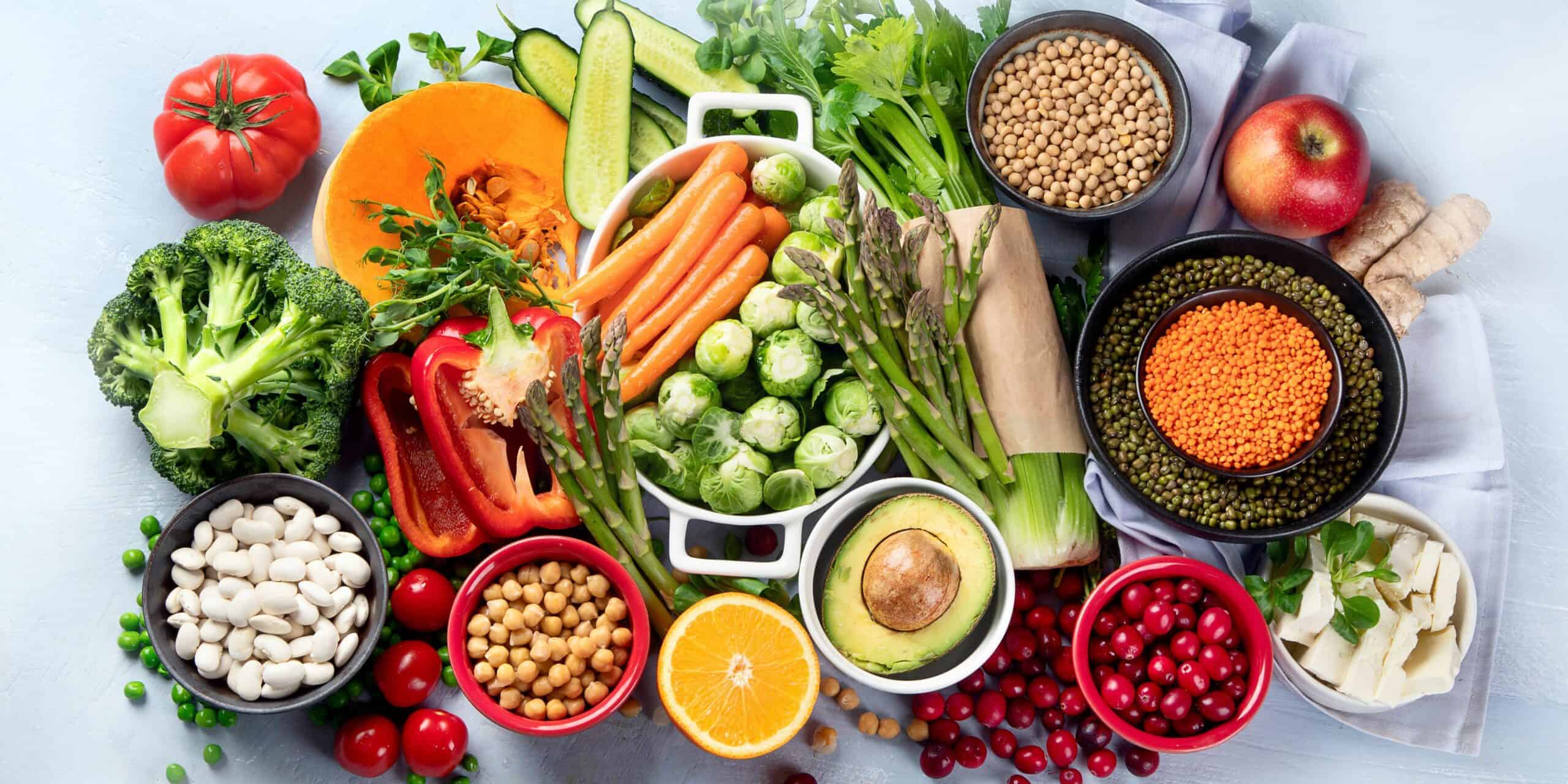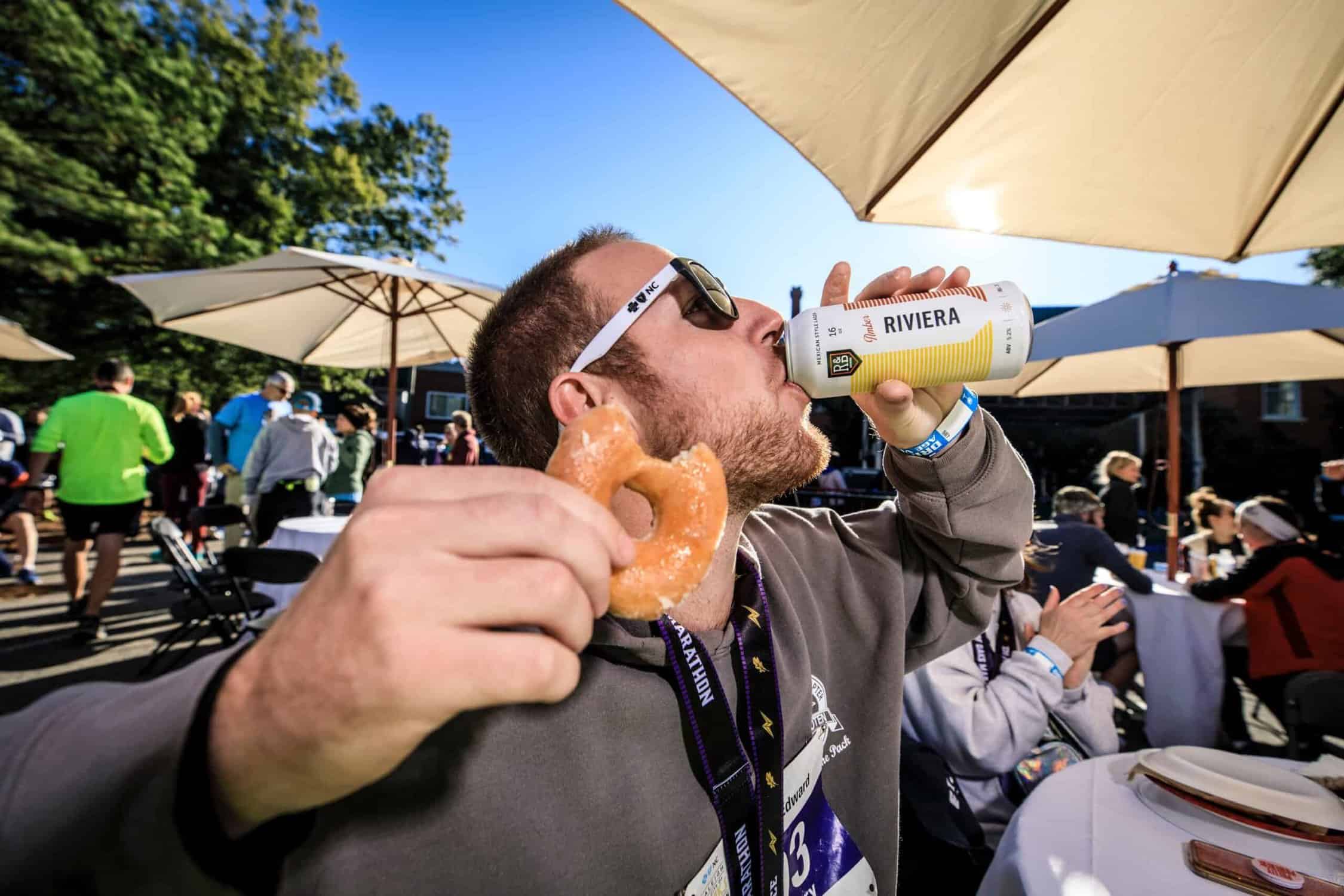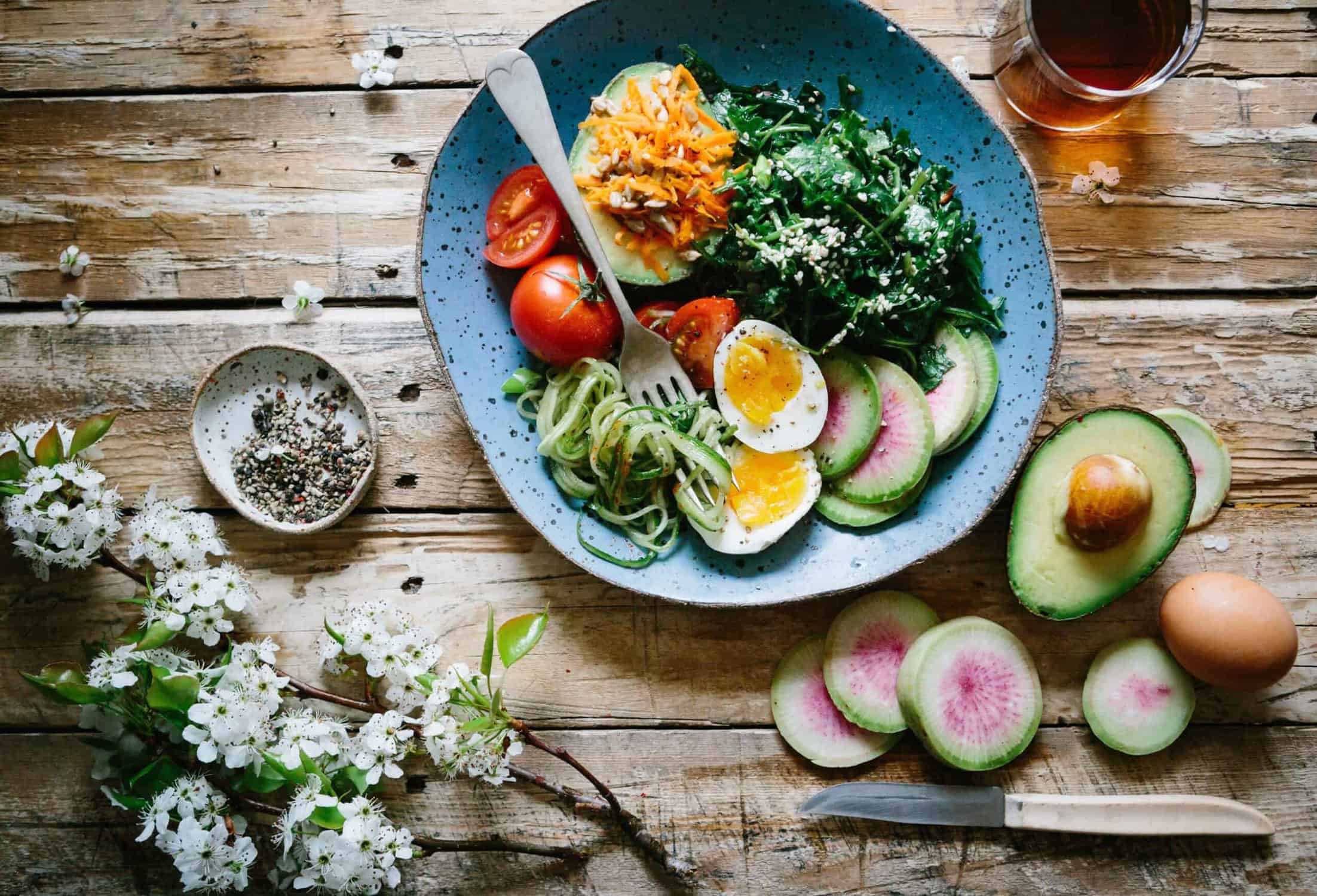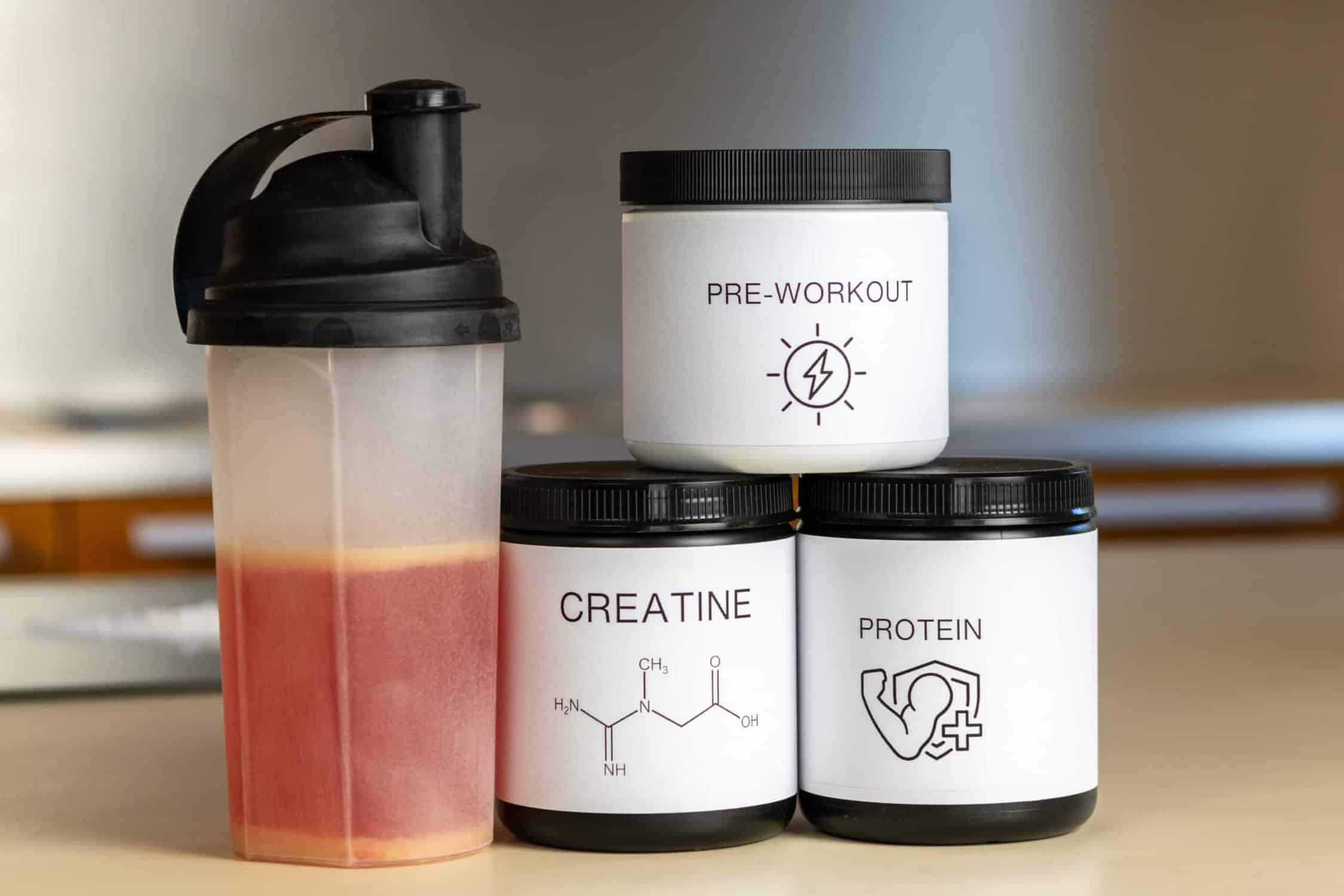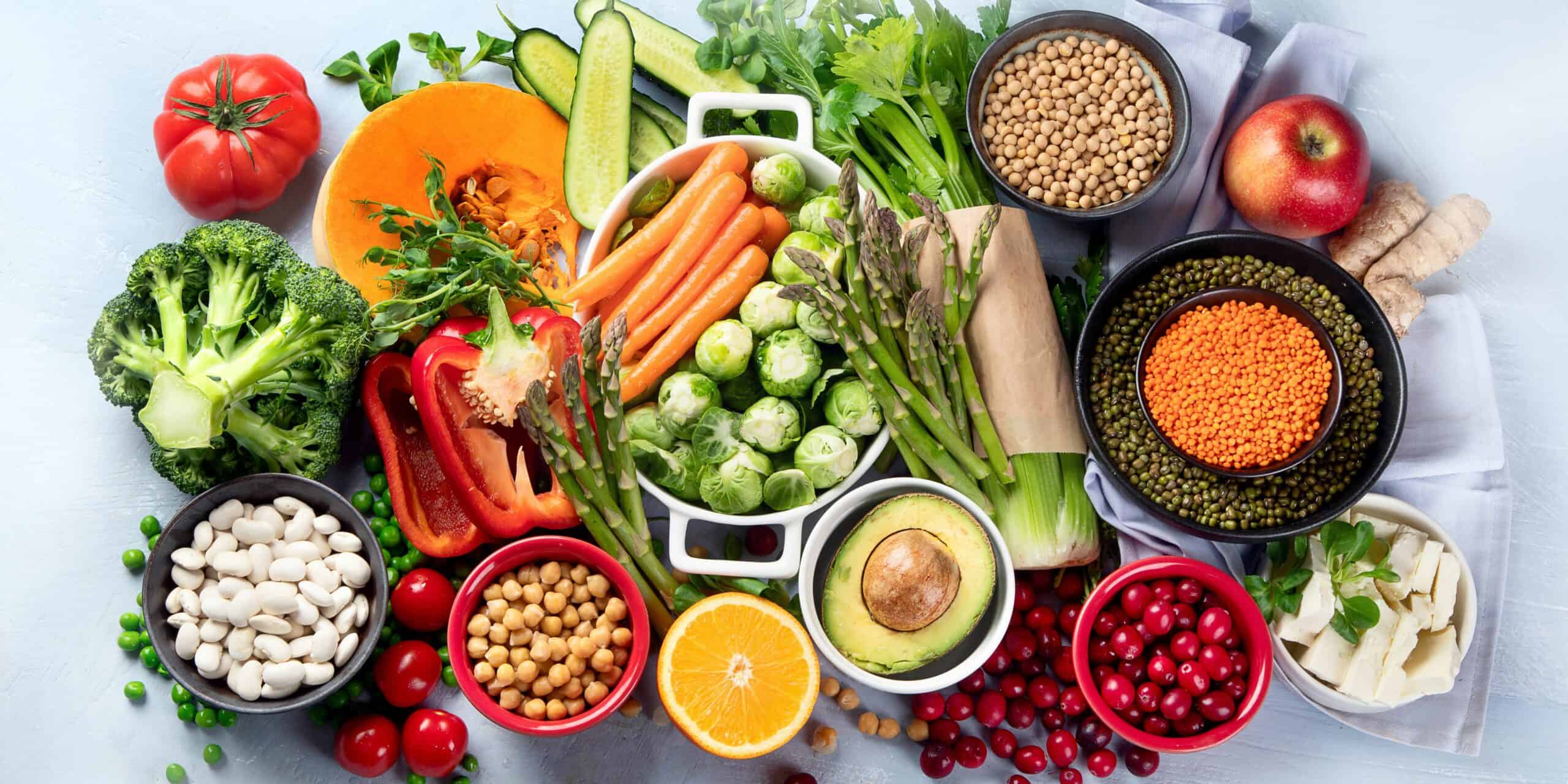
Running a marathon is one of life’s greatest accomplishments that will take its toll on both your mind and body.
In preparation for any marathon, it’s important to plan a marathon diet leading up to, during, and after your race. This guide will help you put together a marathon nutrition plan to support your training and fuel your body and mind.
Why is a Marathon Diet Important?
Marathon training requires a lot of energy exertion. On average, a mile run is 100 calories burned depending on the height, weight, and gender of the runner. If your training plan has you logging 30 miles per week for 10 weeks, you’re burning 30,000 calories just during your training.
A marathon diet is so important because macronutrients like carbohydrates will be a necessity in providing your body with energy during training but also, high protein and amino acids will help your recovery time. After each run, reducing soreness and fatigue will prevent injury over weeks of training.
A well-balanced high-activity diet will enable you to perform your best.
What to Incorporate into Your Marathon Nutrition Plan
Now let’s talk about the specifics within the diet for marathon runners.
Carbohydrates
Carbohydrates should make up the largest portion of your marathon diet — as much as 60% of your overall diet. There are two types of carbohydrates: simple and complex.
- Simple carbohydrates are made up of simple sugars such as glucose, fructose and lactose. Your body digests and uses these types of sugars quickly so they can be helpful to intake immediately before or during a run. Some examples of simple carbohydrates are crackers, dried fruit, and rice cakes.
- Complex carbohydrates have longer chains of sugar molecules that contain fiber. These complex carbs help with digestion and satiety because the fiber gives you sustained energy. Some examples of complex carbohydrates are legumes, vegetables, tubers, and whole grains.
The carbohydrate intake recommended by nutritionists consists of fruit, vegetables, and whole grains.
Proteins
Protein helps a runner’s body repair damaged muscles, according to a study, when you add protein to the carbohydrates in your marathon diet, it helps aid recovery more than when you only consume carbohydrates. Keep in mind that animal fats contain saturated fat, which has negative effects on cholesterol and heart health over a lifetime of consumption. Instead, eat protein-rich foods such as fish, eggs, lean meat, low-fat dairy, protein-rich vegetables and poultry. You can also add tofu, dried beans, seeds and nuts as protein-rich snacks throughout the day.
Fats
Fats are another important element in a marathon diet. Your body likes this type of fuel for resting conditions such as your long runs. Healthy fats help aid hormone production and healthy cell membranes and are key to the absorption of vitamins A, D, E and K.
To get healthy fat in your diet, eat a small amount of avocado and fatty fish, along with fish oils, nuts, nut butter, coconut, olive oil and flaxseed oil. An example of unhealthy fat is saturated fats, usually found in processed foods.
Fluids
Drinking enough fluids will also help sustain your body during a run as well as support your recovery for different distances, nutritionists recommend different fluids are recommended:
- If running for 30 minutes or less, water is the recommended fluid. If you want a different taste, enhanced water is good for these shorter runs.
- If running longer than 30 minutes, you need to replace carbohydrates and electrolytes lost through sweat. Sports drinks, like Gatorade, are often a good choice during and after these distance runs.
- If running long distances for more than an hour, endurance sports drinks will replace lost carbohydrates and will also give you some sodium and potassium which are lost when you sweat.
- After your run, a recovery drink will add both carbohydrates and protein to your body and make your recovery easier by speeding up restoration and restoring your energy.
Are there any fluids that you should skip before, during, or after a run? There is one: oxygenated water. That’s because humans take in oxygen through their lungs, so the drink offers no benefits to runners — or humans, in general.
How to Determine Your Macronutrients
How many of the above macronutrients you should consume depends on your weight. When planning your marathon diet, keep these calculations in mind as you plan your eating schedule.
- To determine how many grams of carbohydrates you should eat each day – multiply your body weight in pounds by 3.2 or your weight in kilograms by 7. An example would be 15 servings of whole grains, six servings of vegetables, six servings of fruit and five servings of low-fat dairy.
- To determine the amount of protein you should consume every day, multiply your body weight in pounds by 0.6 or your body weight in kilograms by 1.3. Because protein is better absorbed when it is spaced out throughout the day rather than eaten all at once, you should eat three to five servings of protein a day.
- To determine how much fat you should eat, plan on getting about 30% of your calories from fat. If you need to increase calories, you can add more fats.
Planning When to Fuel Up
You should plan out your meals according to your training schedule. For instance, you will eat more on heavy workout days, but your food should always include the three macronutrients of carbs, protein and fat.
Before you run, eat a full meal about three to four hours before to give your body the fuel it will need. If still hungry, eat a small snack of carbohydrates and proteins one to two hours before your run.
After a run, eat a meal of carbohydrates and protein within 45 minutes of the run. This helps your muscles recover.
Keep in mind that eating snacks throughout the day ensures that your body has the nutrients it needs to keep up with your training schedule — and help it recover after a run.
Eating for Success
No matter where you’re at on your marathon journey, proper nutrition is a must at all stages of training. If you want to find a list of runs in your area, be sure to check out our race calendars.
FAQ
Most marathon runners need to eat 2,500 calories just to fuel their bodies on race day, which means some eat 5,000 to 6,000 calories that day.
Runners should avoid sodas, high-fat dairy, alcohol, oily or fatty foods, spicy foods and frozen meals.
Carbohydrates that are high in glycogen will help fuel your body for longer runs. For instance, potatoes, bread and pasta will all give your body a lot of fuel.

